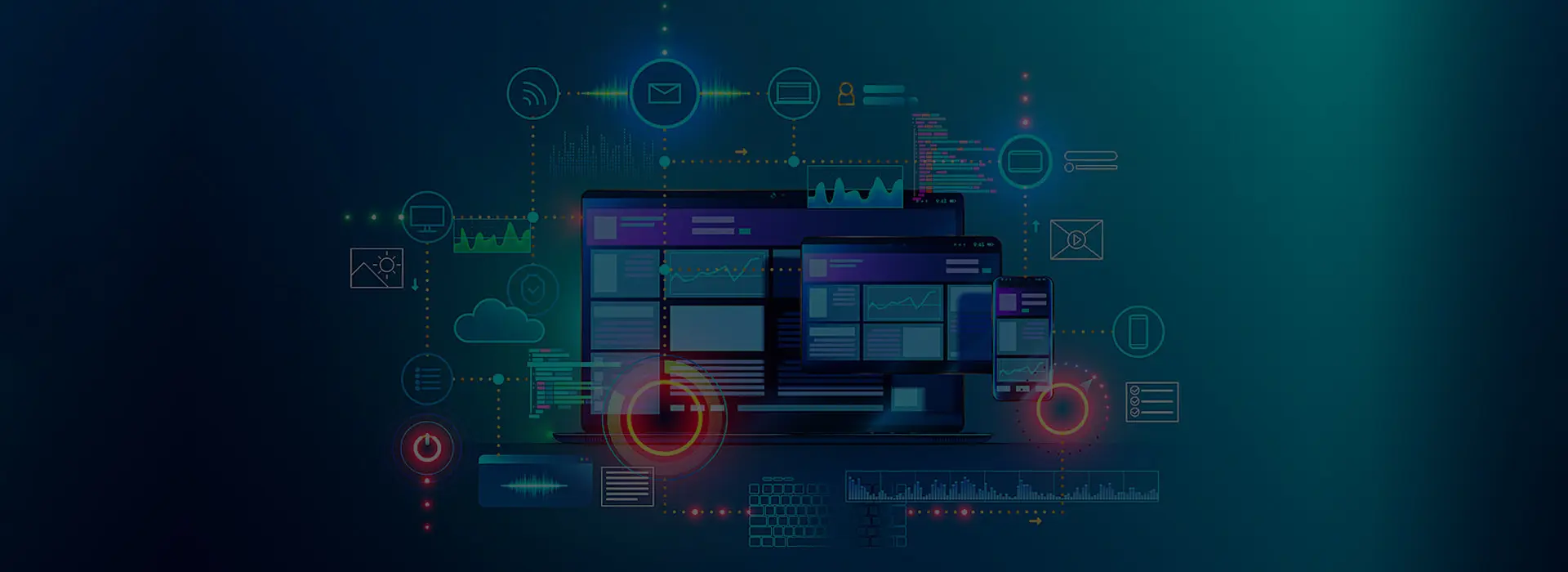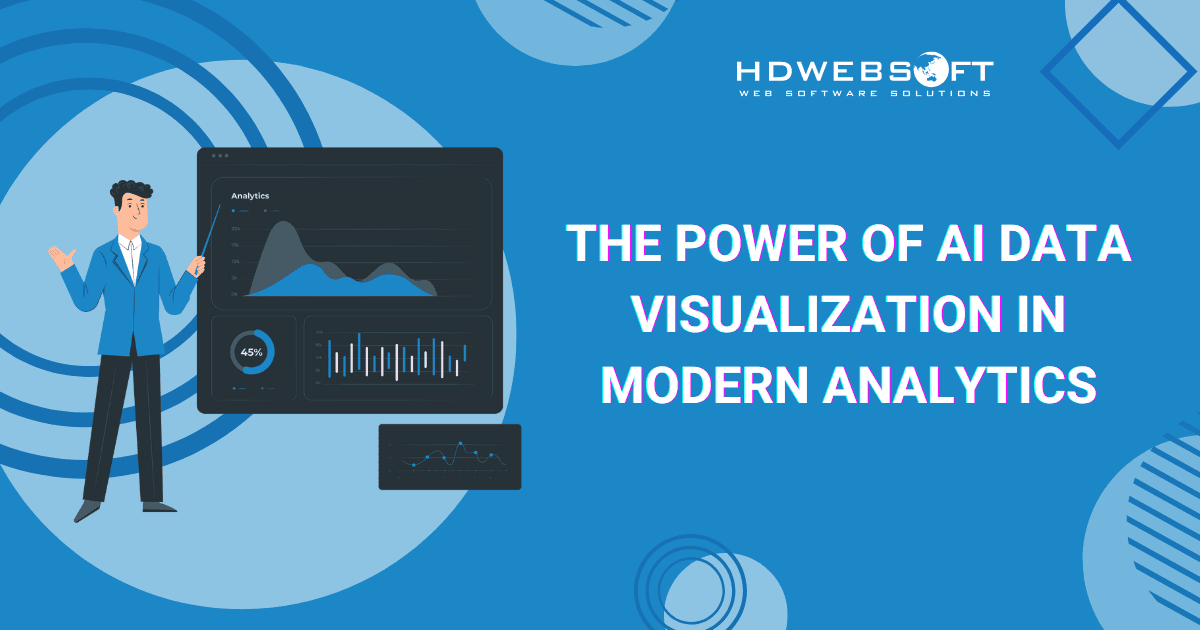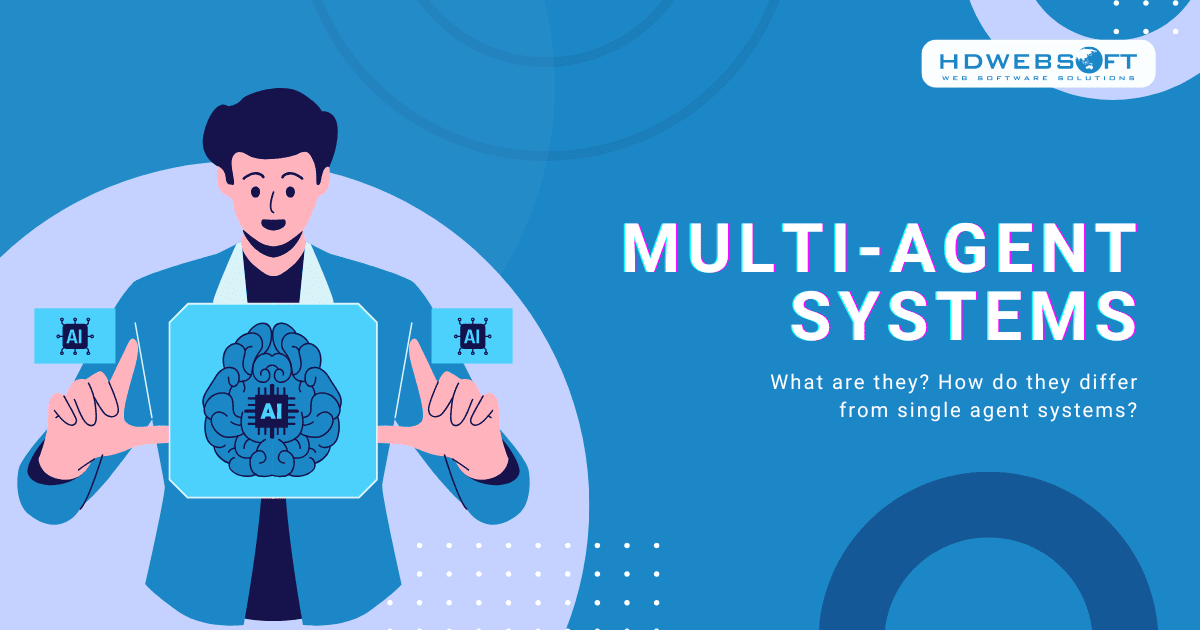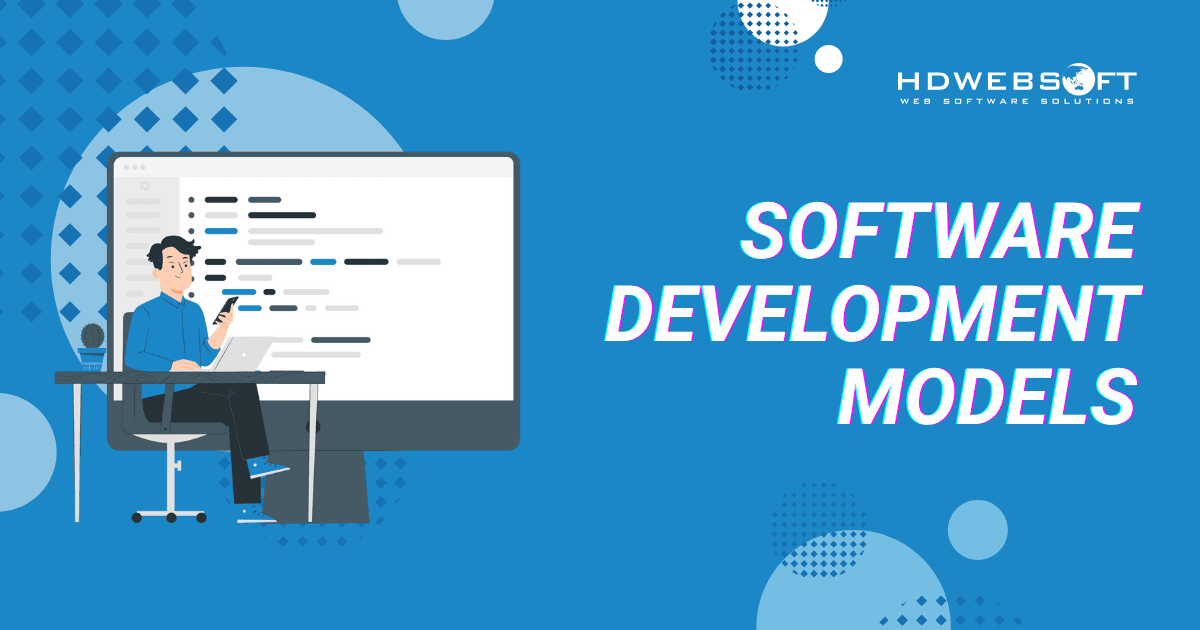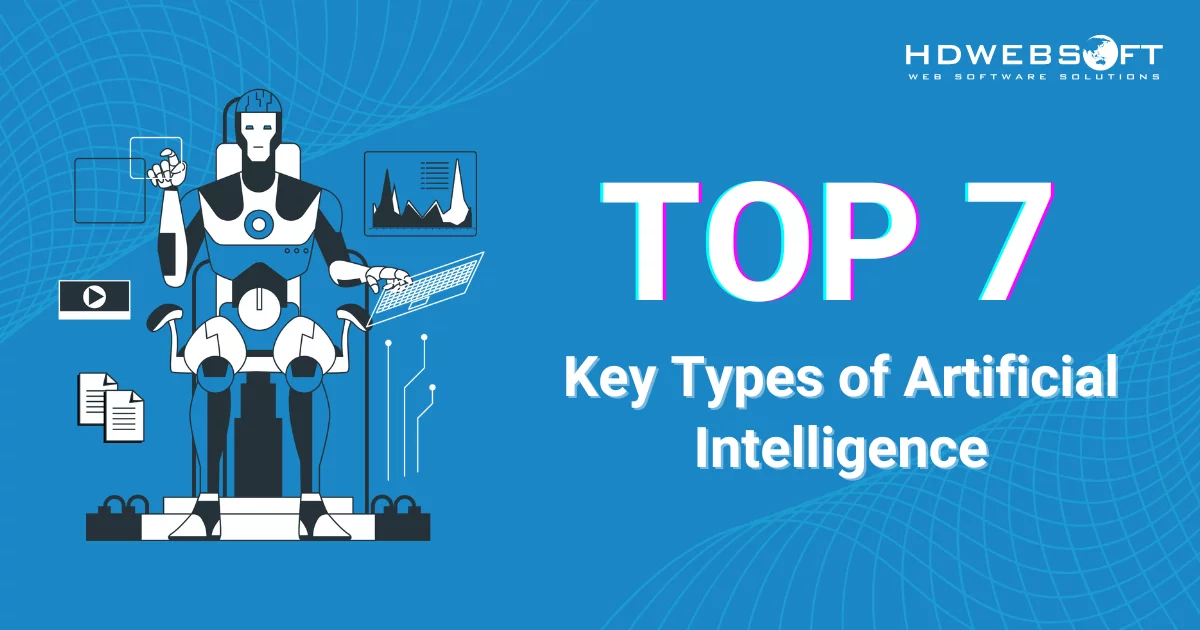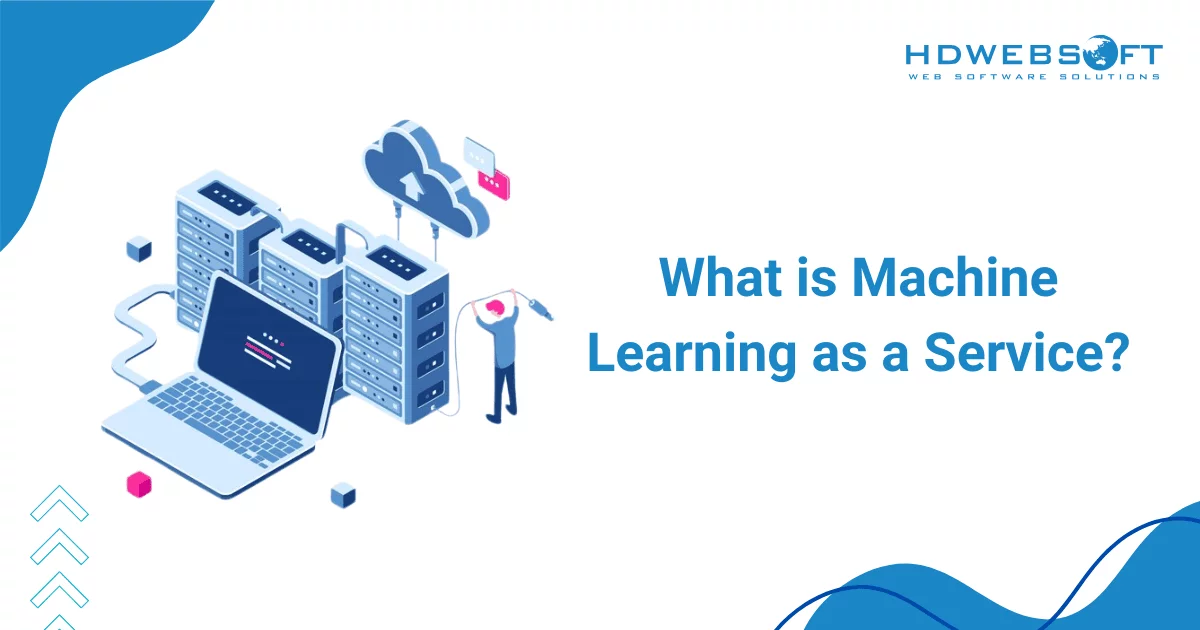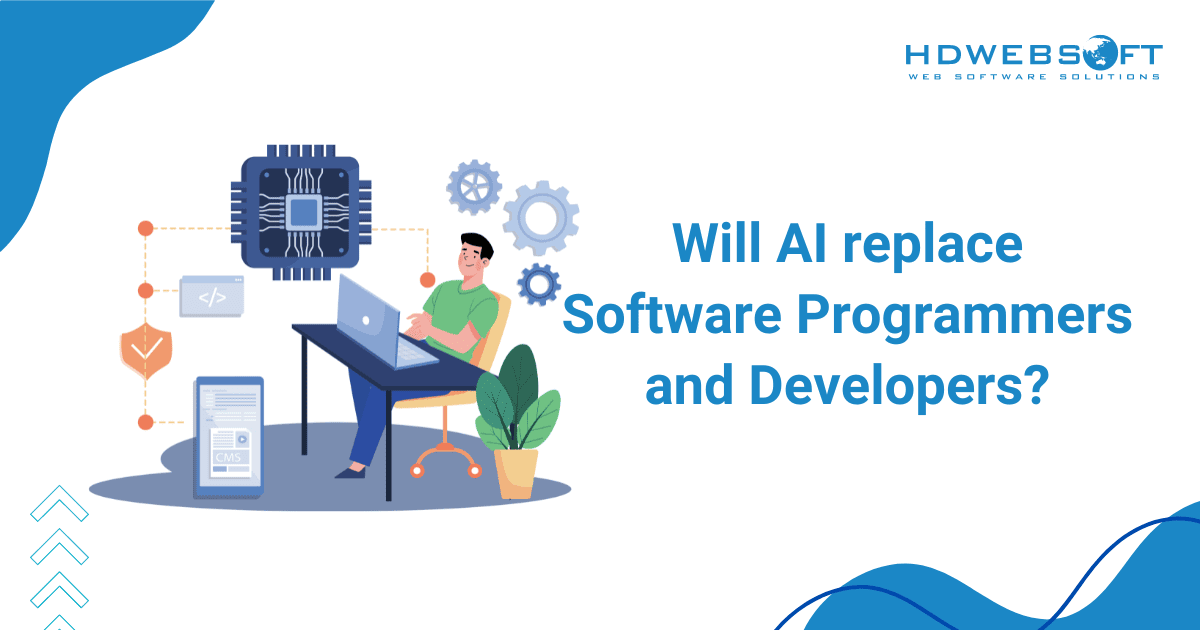
Will AI Replace Software Programmers and Developers?
Artificial Intelligence (AI) has been making significant strides in various fields, including software development. The advent of AI in software development has raised questions about whether AI could eventually replace human programmers and developers. This blog explores this intriguing possibility by examining the current impact of AI, its limitations, and future prospects.
Will AI replace developers?
The question of whether AI will replace developers is complex. The worldwide AI software market grew beyond 184 billion U.S. dollars in 2024, a considerable jump of nearly 50 billion compared to 2023. While AI has the potential to automate certain aspects of software development, it is unlikely to replace human developers anytime soon.
AI excels at repetitive tasks and can assist in coding, debugging, and even some aspects of design. However, the creativity, problem-solving skills, and nuanced understanding of user needs that human developers bring to the table are difficult to replicate with AI.
AI is not poised to eliminate programming roles entirely, but its influence on the programming landscape is undeniable. The nature of entry-level and software engineering positions is evolving as AI technologies automate certain tasks.
The Impact of AI in Software Development
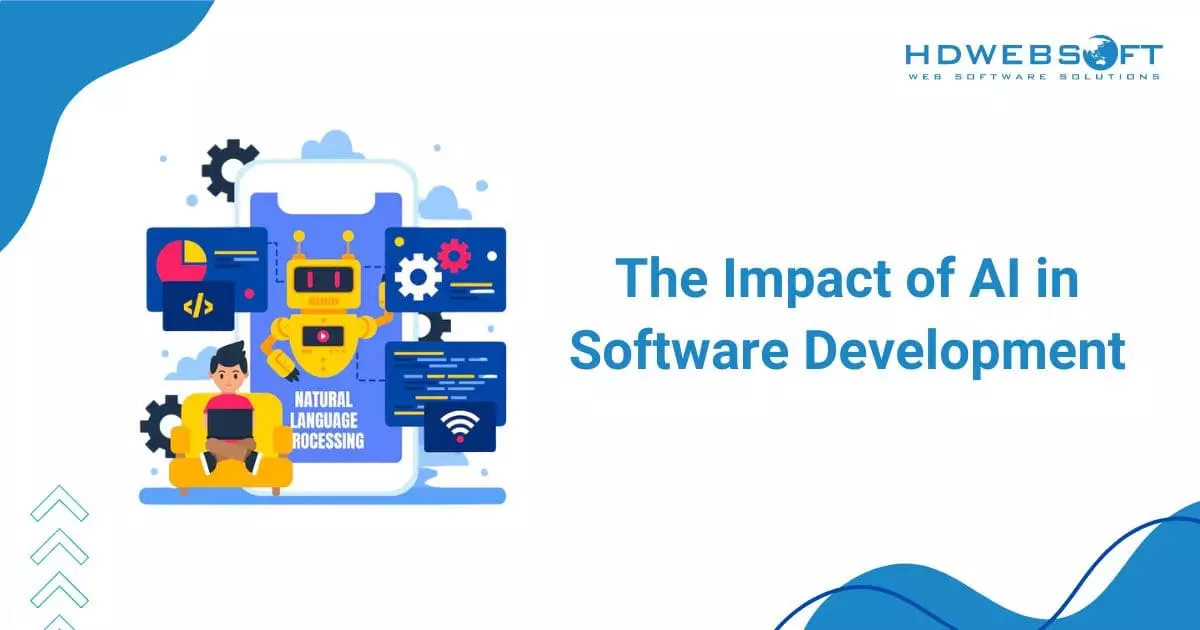
AI in software development is having a transformative effect. It introduces new efficiencies and capabilities that were previously unattainable. Here’s a closer look at how AI is reshaping the industry:
Enhanced Code Quality and Efficiency
AI tools are significantly improving code quality and development efficiency. Platforms like GitHub Copilot, powered by OpenAI’s Codex, assist developers by suggesting code snippets and completing lines of code. This not only speeds up the coding process but also helps in maintaining consistent code quality.
Moreover, these tools reduce the chances of introducing bugs by offering real-time feedback on potential issues. As a result, developers can focus more on solving complex problems rather than repetitive coding tasks.
Intelligent Bug Detection and Fixing
AI-powered tools for bug detection and fixing are becoming increasingly sophisticated. For instance, tools like DeepCode and Snyk use machine learning algorithms to analyze code for potential vulnerabilities and bugs. These tools can scan vast codebases quickly, identifying issues that might be missed by human developers. This proactive approach to debugging can significantly reduce the time and cost associated with fixing errors post-deployment.
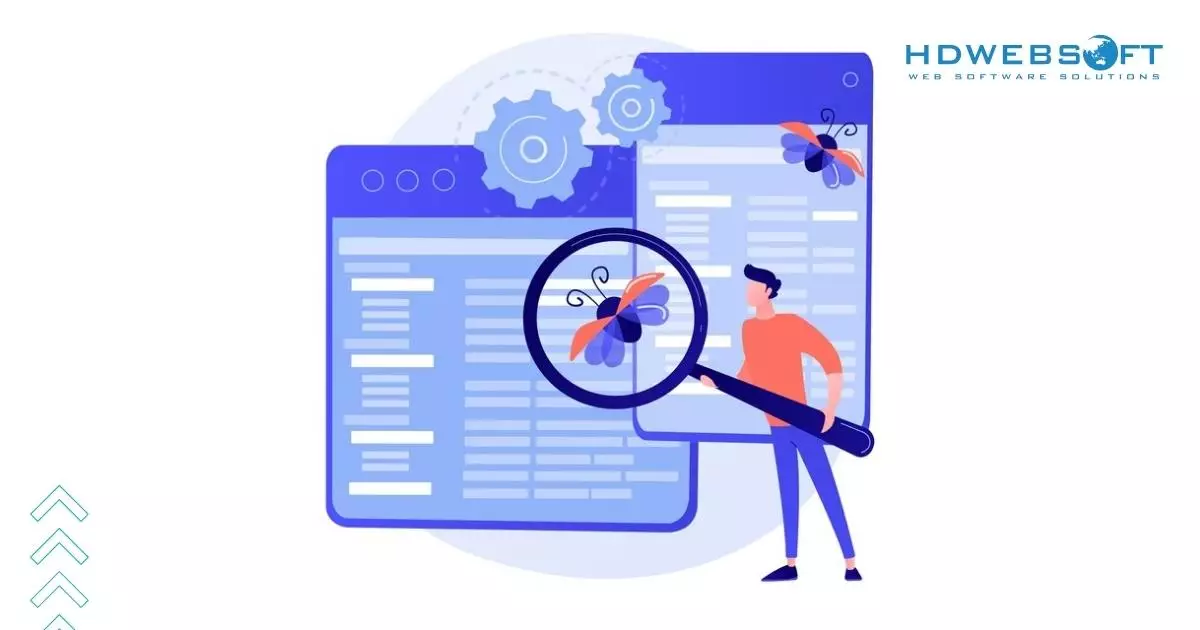
Debugging now is easier with AI in software development.
Automated Testing
Automated testing is another area where AI in software development is making a significant impact. AI-driven testing tools, such as Testim and Applitools, use machine learning to create and run test cases, identify anomalies, and even predict potential problem areas.
This automation reduces the manual effort required for testing and increases its accuracy and coverage. A report projects that the global automated testing market will reach $55.2 billion in 2028, driven in part by the adoption of AI technologies.
Predictive Analytics and Decision Making
AI enhances decision-making in software development through predictive analytics. Tools like Splunk and New Relic use AI to analyze log data and performance metrics, providing insights into application performance and user behavior.
These insights enable developers to make informed decisions about feature development, optimization, and resource allocation. By predicting potential issues before they occur, AI helps maintain applications’ high availability and performance.
AI-Driven DevOps
AI is also playing a crucial role in DevOps, automating various aspects of the development and operations lifecycle. AI-powered tools can automate CI/CD pipelines, monitor system performance, and predict and mitigate potential downtimes.
This integration of AI into DevOps practices leads to more reliable and efficient software delivery. The growing significance of AI in software development underscores its potential to revolutionize the entire software development lifecycle.
AI Limitations in Software Development
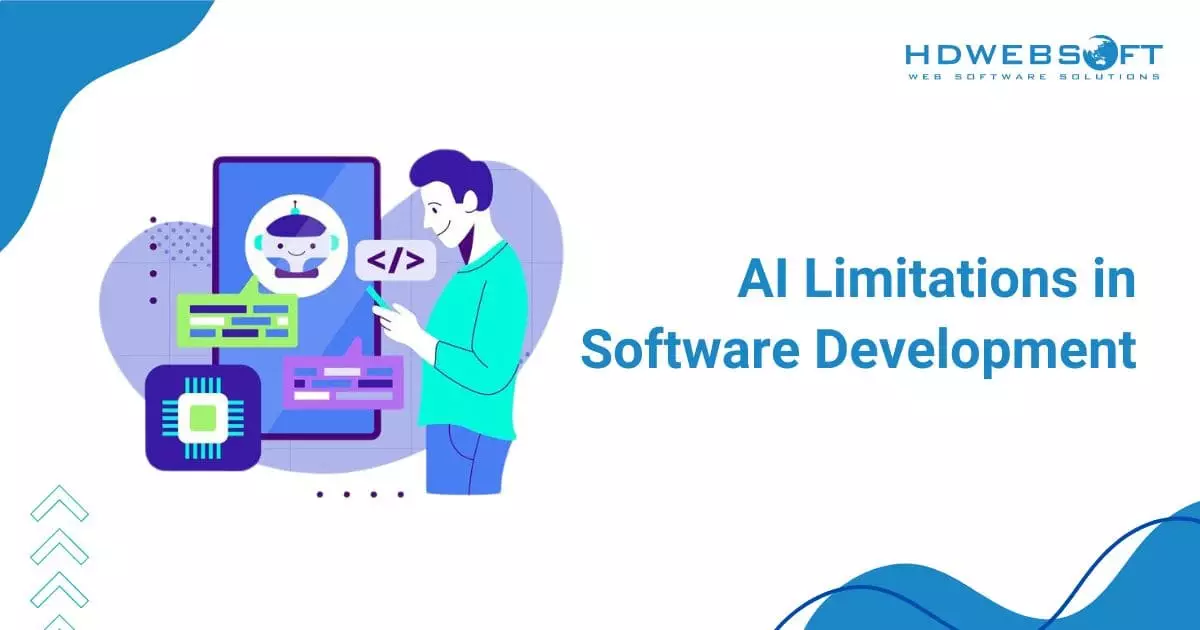
While integrating AI in software development offers numerous advantages, it is not without its limitations. These constraints highlight the areas where human developers remain indispensable and where AI technologies still have room for improvement.
Lack of Creativity and Innovation
One of AI’s most significant limitations in software development is its lack of creativity and innovation. AI can efficiently handle repetitive tasks, generate code snippets, and optimize existing code. It is particularly effective when applied to AI for QA, automating tedious testing processes and enhancing quality assurance workflows. However, it struggles with tasks that require creative thinking and innovative problem-solving.
Human developers excel in these areas, leveraging their intuition, experience, and creative skills to design unique solutions and develop groundbreaking software.
Dependency on Data Quality
AI systems are heavily reliant on the quality and quantity of data they are trained on. In software development, poor-quality data can lead to inaccurate predictions, buggy code suggestions, and ineffective automation. Ensuring high-quality, relevant data is a significant challenge.
Moreover, AI models can inadvertently learn and perpetuate biases present in the training data, which can result in biased or unfair software systems.
Limited Understanding of Context
AI in software development systems often lacks the contextual understanding necessary to comprehend complex software development tasks fully. AI excels at analyzing code patterns and predicting outcomes based on historical data. Similarly, AI in eCommerce demonstrates efficiency by personalizing recommendations and optimizing sales strategies. Notwithstanding, it still requires human intervention to craft creative marketing campaigns or address unique customer behaviors.
However, understanding the unique requirements and nuances of individual projects or business contexts often requires human expertise. This limitation can result in code that, while syntactically correct, does not meet the functional or user requirements.
Conversely, human programmers, with their domain expertise and contextual knowledge, are essential in ensuring that the final product aligns with the intended use case and user expectations.
Maintenance and Scalability Challenges
Implementing AI in software development can introduce maintenance and scalability challenges. AI models need to be continuously updated and retrained to remain effective, requiring ongoing maintenance and substantial computational resources. This can be particularly challenging for smaller organizations with limited resources.
Additionally, as AI systems evolve, ensuring their scalability and integration with existing workflows and tools can be complex and resource-intensive.
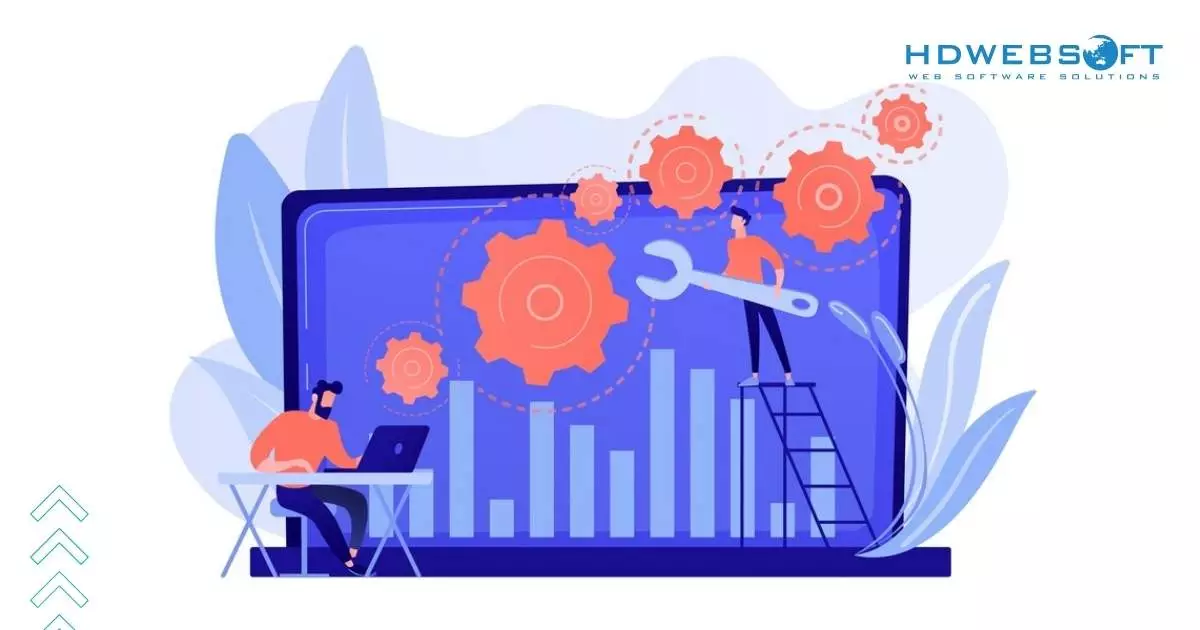
AI technologies are evolving every day, and maintaining and scaling the model used can become paramount.
Ethical and Security Concerns
The use of AI raises several ethical and security concerns. AI-generated code can inadvertently introduce security vulnerabilities if not properly reviewed by human developers.
Moreover, the principles of ethical AI come into play, as developers must ensure that AI systems operate fairly and without bias. This is particularly important when these systems are responsible for handling critical decisions or sensitive user data.
Furthermore, the deployment of AI systems can lead to privacy issues, especially if they handle sensitive user data. Ensuring that AI systems are secure, transparent, and ethically sound requires rigorous oversight and human intervention.
When will AI replace developers?
The advent of AI in software development has sparked a debate about the future role of human programmers. While AI tools have revolutionized many aspects of software development, the question of whether AI will fully replace programmers remains complex and multifaceted.
Current Capabilities of AI in Software Development
AI has made significant progress in automating repetitive tasks, code generation, and even debugging. AI-powered tools like GitHub Copilot and DeepCode assist developers by providing code suggestions, identifying potential bugs, and optimizing code.
Despite these advancements, AI’s current capabilities are primarily augmentative rather than fully autonomous. AI tools can handle well-defined, repetitive tasks but struggle with more complex, creative problem-solving that requires deep contextual understanding and innovation.
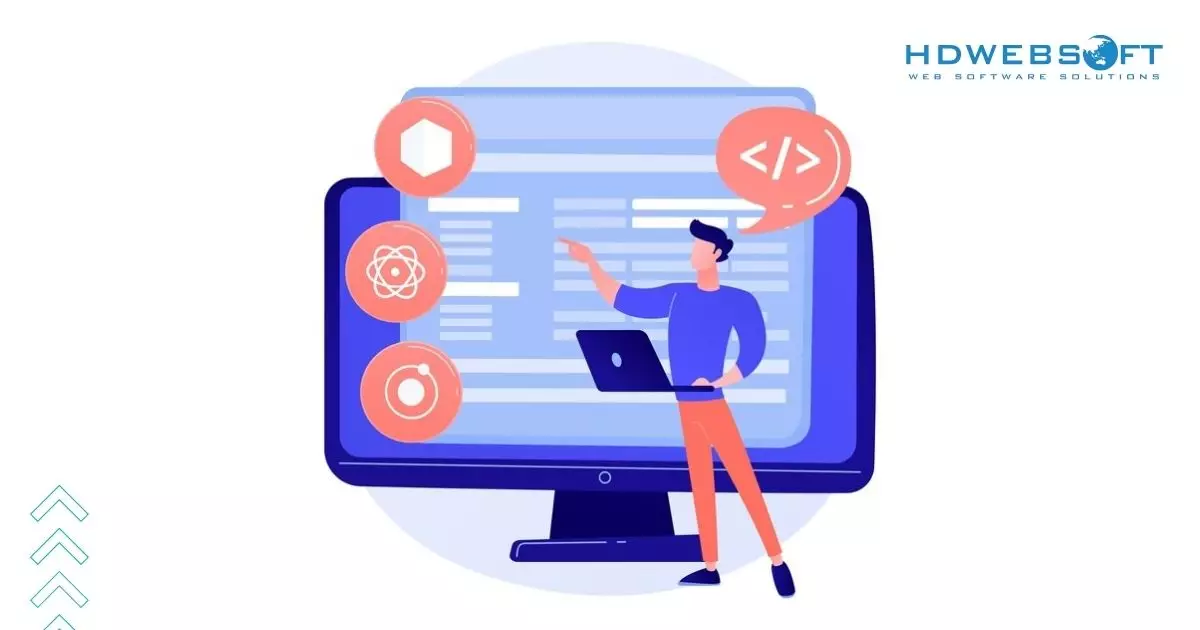
AI in software development can assist in suggesting and optimizing codes, easing developers’ effort in crafting software solutions.
Human Expertise and Creativity
Programming is not just about writing code; it involves designing algorithms, understanding user needs, and solving complex problems that often require creative and innovative thinking. Human programmers bring a level of intuition, empathy, and creativity that AI currently lacks. This creativity is essential for developing new software solutions and adapting to changing requirements.
Moreover, human programmers are crucial for managing and mitigating the biases and ethical concerns that AI in software development systems can introduce. AI models are only as good as the data they are trained on, and biased data can lead to biased outcomes. This is particularly important in sectors like AI in banking, where fairness and compliance are paramount in applications such as fraud detection and credit risk assessment.
In essence, human oversight ensures that AI-generated solutions are fair, ethical, and aligned with business goals.
Read more: AI in Healthcare Achieves Human-Level Precisions.
The Evolution of AI in Software Development
While it is unlikely that AI will fully replace programmers in the near future, the role of developers is expected to evolve. AI will continue to take over routine tasks, allowing programmers to focus on more strategic and creative aspects of software development. This collaboration between AI and human developers can lead to more efficient and innovative software development processes.
Future Prospects
Predicting the exact timeline for when AI might replace programmers is challenging. Current trends suggest that AI will continue to augment human capabilities rather than replace them entirely. The collaboration between AI tools and human developers will likely lead to a more efficient and innovative software development landscape.
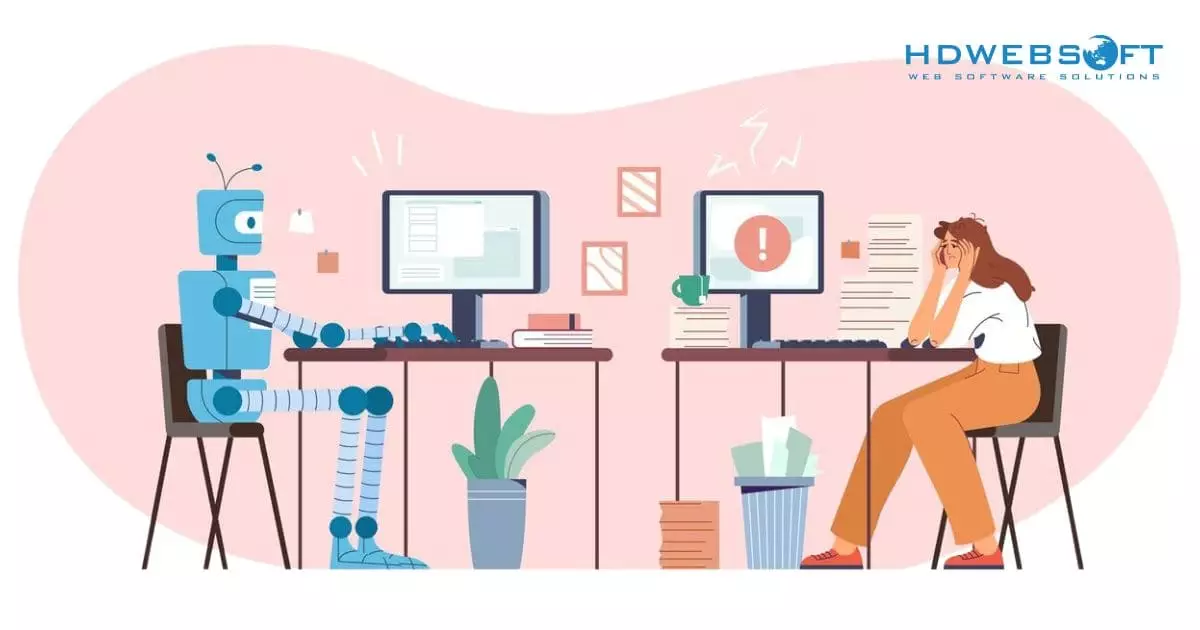
AI in software development assists programmers in many tasks, though it won’t replace them in the near future.
Conclusion
While AI in software development is poised to revolutionize certain aspects of the field, it is unlikely to replace software programmers and developers entirely. The unique blend of creativity, critical thinking, and contextual understanding that human developers bring to software projects is something AI cannot yet replicate.
Instead, AI will likely serve as a powerful tool that complements and enhances human capabilities, leading to more efficient and innovative software development processes. As AI continues to evolve, the future will likely see a synergistic relationship between AI technologies and human developers, driving the industry forward.


